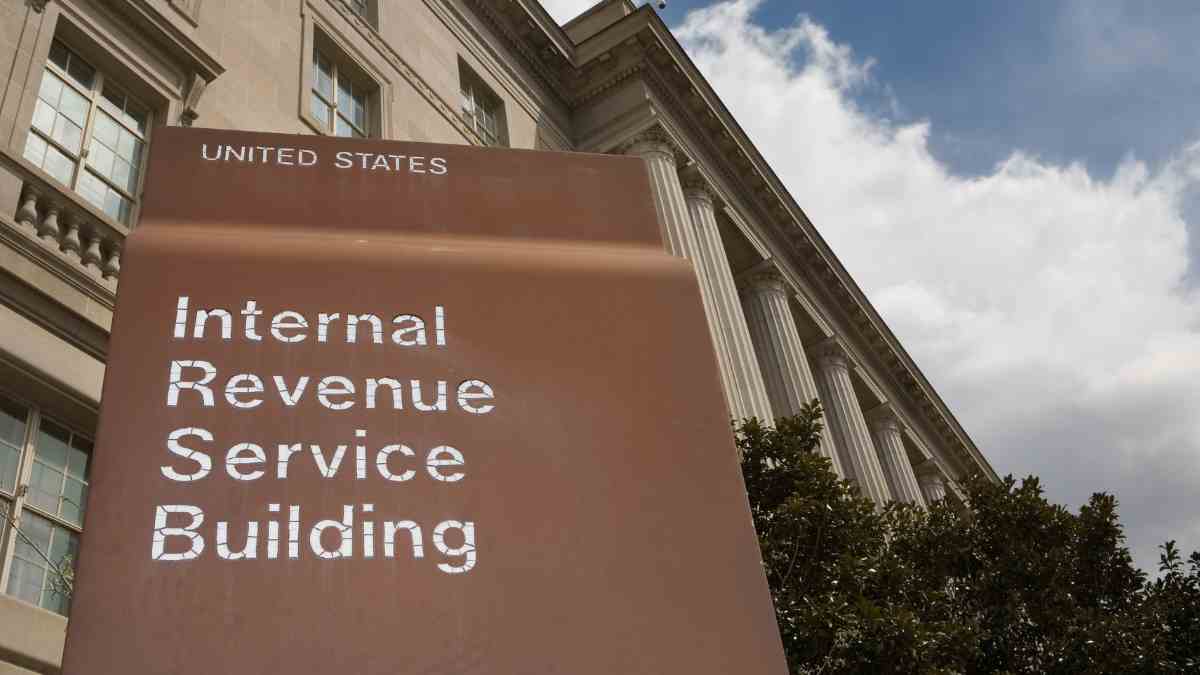The Internal Revenue Service (IRS) issued a crucial warning recently, urging taxpayers to be cautious of poor quality and harmful advice circulating on social media regarding a specific tax credit. According to the agency, this information is “misleading” and could potentially cause confusion.
The IRS emphasized that certain social media users have been falsely promoting a tax credit that was available for self-employed individuals and gig workers during the COVID-19 years. These posts claim that the tax break could be worth as much as $32,000, but the agency clarified that this information is completely false.
IRS Commissioner Danny Werfel emphasized the importance of being skeptical about such claims. “This is another misleading social media claim that’s fooling well-meaning taxpayers into thinking they’re due a big payday,” Werfel stated. He advised, “People shouldn’t be misled by outlandish claims they see on social media. Before paying someone to file these claims, taxpayers should consult with a trusted tax professional to see if they meet the very limited eligibility scenarios.”
IRS advice
- Be wary of tax advice circulating on social media, as it may be misleading.
- The IRS has specifically debunked claims about a sizable tax credit for self-employed and gig workers during the COVID-19 period.
- Consult with a trusted tax professional before filing any claims based on social media advice.
Stay informed and cautious to ensure that you are not misled by inaccurate information. Always verify the credibility of tax advice and consult with professionals when in doubt.
The IRS has encountered numerous questionable claims, with many taxpayers attempting to claim credits they are not eligible for. This has led to delays in refunds and the necessity for taxpayers to provide legitimate documentation to support their claims.
According to an agency statement, “The IRS has seen thousands of dubious claims come in where it appears taxpayers are claiming credits for which they are not eligible, leading to refunds being delayed and the need for taxpayers to show they have legitimate documentation to support these claims.”
Seek Expert Advice
To avoid complications and ensure you file your taxes correctly, the IRS advises taxpayers to seek expert opinions rather than relying on unreliable misinformation found online. Consulting with a tax professional can provide clarity and help you navigate the complexities of tax benefits.
Pro Tip: Always ensure you have the appropriate documentation to back up any claims you make on your tax return.
Additional Insights
For more insights on managing your tax obligations, including whether to choose an IRS payment plan or a personal loan to pay your tax bill, stay tuned for more expert advice.
Remember: Accurate information and professional guidance are key to a smooth tax filing process.
Scammers are always preying on people’s expectations, exploiting the complexities of the tax system to convince them of supposed secret methods to get a big refund,” said Werfel. “All of these scams highlight the importance of carefully reviewing your tax return for accuracy before filing, and relying on the advice of a trusted tax professional, rather than someone looking to make a quick buck or a dubious source on social media.”
Beware of False Tax Credit Information
The IRS has noted that the so-called “self-employment tax credit” is the latest piece of false information being circulated on social media. This misleading information is part of a broader trend that includes incorrect claims about fuel tax credits and household employment taxes.
Similarities to Other Tax Scams
“The IRS is noticing marketing tactics around this ‘Self-Employment Tax Credit’ that resemble the aggressive promotion of the Employee Retention Credit,” the IRS stated. “Both of these are technical credits that have been misrepresented by some as a way for average taxpayers to secure large payments from the government. In reality, these credits are very limited and come with a variety of complex requirements that must be met before anyone can qualify.”
Steps to Protect Yourself
- Always review your tax return for accuracy before filing.
- Seek advice from a trusted tax professional, not from questionable sources on social media.
- Be wary of anyone promising large refunds through obscure methods.
By staying informed and cautious, you can avoid falling victim to these scams and ensure that your tax return is accurate and legitimate.
